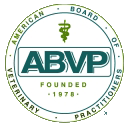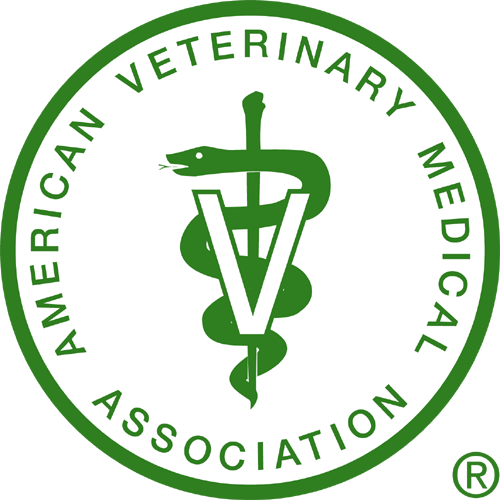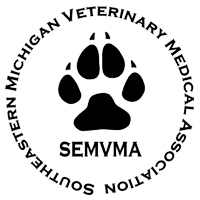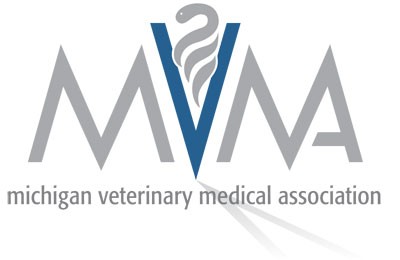- Home
- Career Opportunities
- About Us
- Services
- Resources
- Location
- Emergencies
Exclusively Cats Veterinary Hospital
(248)666-5287
ecats.vet
Frequently Asked Questions
Here are some questions/answers that we are frequently asked. If you have additional questions that aren't covered here, please feel free to give us a call at (248) 666-5287.
1. What are the hospital hours? Our hospital is open Monday - Friday from 9:00am to 5:00pm. The hospital is closed on Saturday and Sunday.
2. Do I need to have an appointment? Yes, it is preferred that patients are seen by appointment.
3. What should I feed my cat? We have created a great handout that answers this exact question.
4. I just adopted a new kitten. What do I need to know? Congratulations on adding a new member to your family. Owning a kitten can be exciting but is a lot of responsibility. We have compiled great and useful information for owners that you can find in our New Kitten Handout.
5. What is ABVP certification mean? According to the American Board of Veterinary Practitioners' website, veterinarians whom obtain certification "are veterinarians who have demonstrated expertise in the broad range of clinical subjects
"To ensure that certification is accessible to active practitioners, the certification procedure
6. How do I know if my cat is sick? Cats are very good at masking illness. We have compiled a handout that we give to our new clients of common signs of a sick cat.
7. At what age can I have my pet spayed or neutered? Spaying or neutering can be done as early as 3 months of age. Your pet is given an exam prior to surgery to help determine whether your pet is healthy enough to undergo the surgical procedure. Current vaccinations are required at the time of surgery. Also a pre-surgical labwork is required prior to undergoing anesthesia and surgery.
8. What is the pre-surgical labwork? This is a blood test that is run prior to surgery. It tests the organ functions, blood counts and clotting function of your pet. The pre-anesthetic blood screening is done to assure safety during surgery and the ability to heal following surgery. The complexity of labwork will depend on your cat's age and current state of health.
9. How long do the sutures stay in after my pet's surgery? Routine procedures involving sutures usually require them to be removed 10-14 days following the surgery.
10. Is it a good idea to let my pet have at least one litter of kittens? No, there is no advantage to letting your pet have one litter. However there are plenty of advantages to having you pet spayed or neutered. These advantages include decreasing the chances of breast tumors later in life, decreasing the chance of cystic ovaries and uterine infections later in life, decreasing the desire to roam the neighborhood, decreasing the incidence of prostate cancer later in life, helping prevent spraying and marking, and also decreases the surplus of unwanted kittens.
11. HELP! My cat has fleas, what should I do! Once fleas have entered your home, they can be hard to get rid of. We recommend two things, lots of vacuuming and getting your cat on a prescription flea medication. At our hospital, we carry Revolution and Advantage Multi. Both of these products are available for purchase if one of our doctors has examined your cat in the past 12 months. We have some additional suggestions on flea control elsewhere on our site.
12. How can I weigh my cat at home to ensure my cat stays at a healthy body weight? Obtaining accurate body weight is very important for monitoring your cat's health. Most walk-on scales for people are not precise and can sometimes be inaccurate for weighing fractions of a pound. One option for obtaining an accurate weight at home involves using a hunting/fishing scale. This type of scale is used to weigh your cat in the carrier, and then weigh the carrier alone and subtract. If regular body weight checks are something our doctors have recommended for your furry friend, weigh your cat at home and after weighing call us to give us the update.
13. Do you board cats? Yes, we do have boarding facilities available for our clients. We have two boarding spaces available, regular boarding facility and deluxe condo boarding. When your cat boards you are welcome to bring any special blanket or pillow they use, toys, or special food, but we can provide blankets and food in house. If your cat has never been here before, if you have and your cat is over the age of 8 or has any outstanding or chronic health conditions we would like you to be present for an exam ahead of time in anticipation of boarding.
14. What forms of payment do you accept? Cash, Check, Mastercard, Visa, American Express, Discover and Care Credit.
15. Can I make payments? Payment in full is required at the time of service. |





